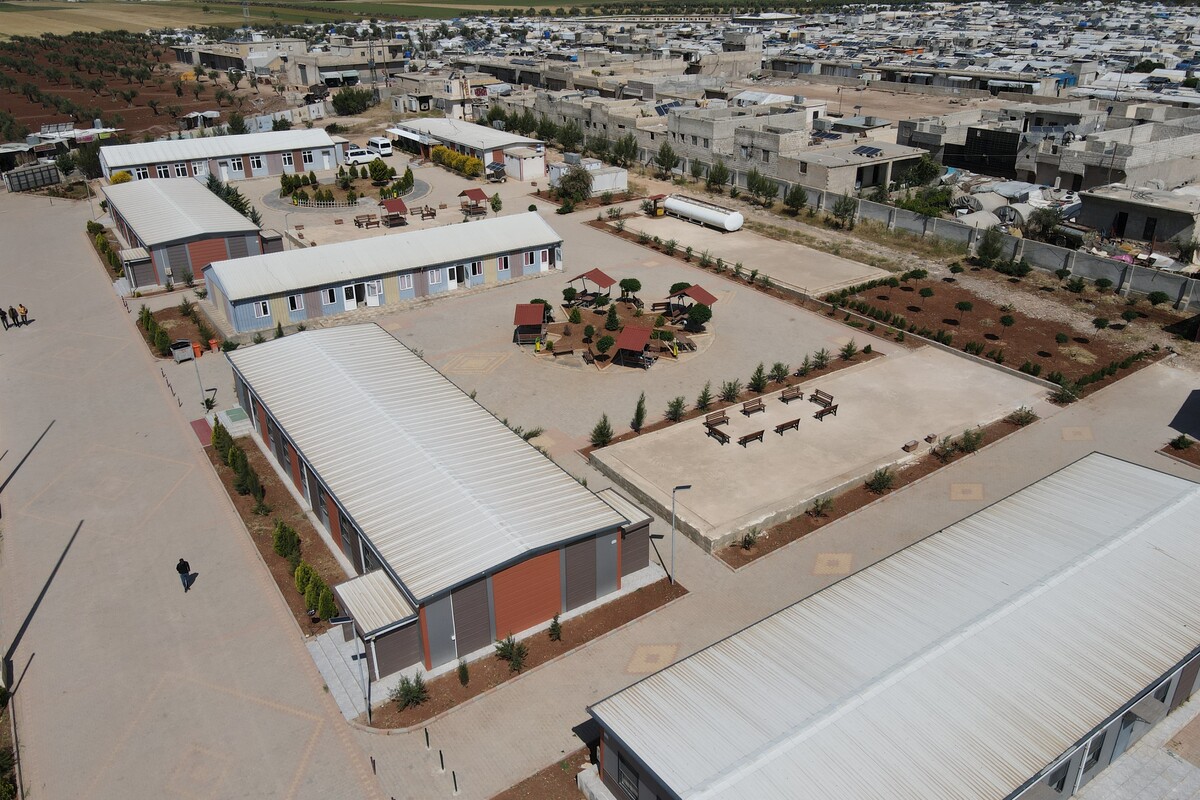
- Home
- >
- what we do
- >
- caras s...
The page below gives a brief summary of the work of our Syria Programme (2016-2024), the most recent of our Regional Programmes which, in accordance with our Articles, "...advance education by supporting academics and their educational institutions in countries where their continuing work is at risk or compromised, to ensure that such academics and institutions can continue to fulfil their critical role as educators for the public benefit." Much more detail on the work of the Syria Programme (SP) can be found on our special SP site here; please note that this site is now a 'legacy site' and is no longer being updated.
Cara's Syria Programme
Syrian academics have for some years made up one of the largest groups being supported through our Fellowship Programme. But not everyone can, or wants to, travel so far away from their home region. For this reason, and drawing on the experience of our two earlier regional Programmes for Iraq and Zimbabwe, we launched our regionally-based Syria Programme (SP) in 2016, to provide support to Syrian academics in exile in the region around Syria, mainly in Turkey.
Our SP offered a wide range of activities, all intended to help the participants to use and build on their existing skills and experience, and to develop their academic networks. At the end of August 2024, after eight busy and successful years, the main activities of the SP came to an end. Some individual activities will continue for a bit longer, under our Middle East Adviser, Kate Robertson, and we are now considering how we can use the experience we have built up from our SP work and from our two preceding regional programmes, for Iraq and Zimbabwe, to support the rebuilding of higher education in Gaza.

Sham University, near Azaz in north-west Syria, the focus of much of our Syria Programme's recent work
We funded the initial 2015/16 consultation phase with £50,000 from our own resources. After that, awards totalling $4.2m allowed us to take the work forward.
The SP had five main work areas:
- English for Academic Purposes (EAP);
- Academic Development;
- Research Incubation Visits;
- Cara-Commissioned Research;
- and the Syrian Research Fellowship Scheme.
Over 200 Syrian academics were actively engaged with the Programme’s work, and the SP also enjoyed strong support from UK universities and learned societies. Over 60 UK-based academics contributed to the SP’s EAP activities, with over 400 more supporting the SP’s Research activities and Academic Development work. Recognising the importance of Syria Programme participants’ local knowledge and expertise, several UK universities involved SP participants as paid researchers in their own research projects. Many SP participants also successfully submitted articles to peer-reviewed journals, on a wide range of subjects.
The commitment of many of our partner universities and their staffs to our SP was amply demonstrated by their quick and generous response to the Emergency Appeal we launched in February 2023, following the devastating earthquakes in the Turkey/Syria border region which had left many of our Syrian colleagues homeless, forced to camp in bitter weather in cars, mosques, sports centres and other public buildings. With the £140,000 we raised from institutions and individuals, and £30,000 from our own reserves, we were able to provide emergency funding to over 90 Programme participants and their families, so they could travel to safer areas and meet their basic needs for food, shelter, medicines and clothing. Regular SP activities were able to resume soon afterwards.
Over its last two years, the SP put emphasis on a collaborative developmental partnership with Sham University faculty, in the non-regime-controlled area of north-west Syria (see photo), to help show evidence of their adherence to European standards and guidelines even though they were not formally accredited by any national authority. Many SP participants also crossed the border from Turkey regularly to work with Sham colleagues, to help sustain access to higher education there for local communities and for the many Syrians displaced to the area by the conflict.
Our SP was the subject of three very positive independent evaluations. It was the only programme that solely and systematically supported Syrian academics in the region, recognising the vital role they had to play in the future of Syria’s higher education and research sectors, and in the training of future generations of doctors, teachers, engineers, lawyers and other experts. We are proud of the SP's many achievements, and will draw on this valuable experience in our future responses to other regional crises.
